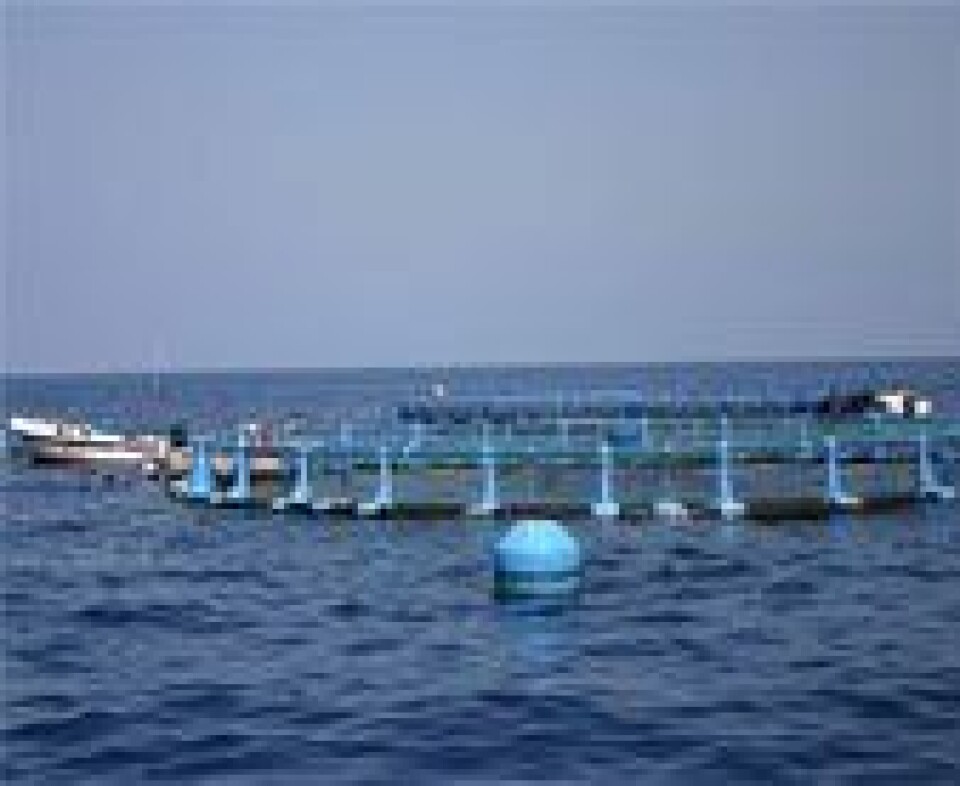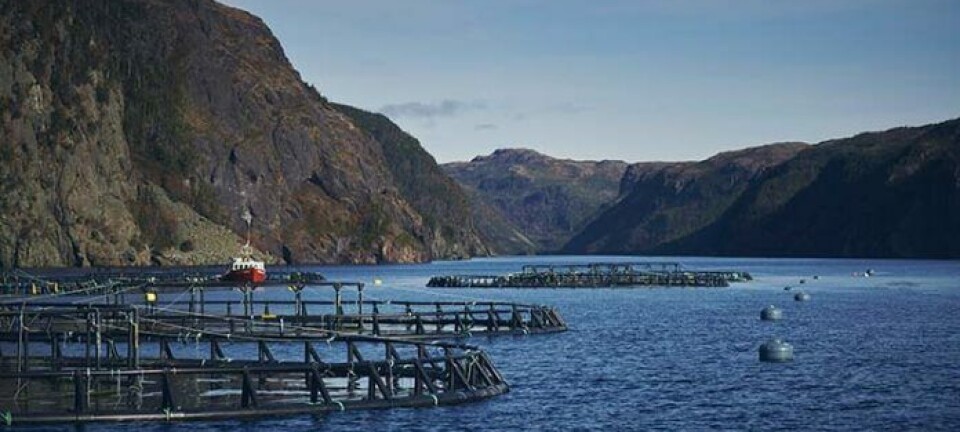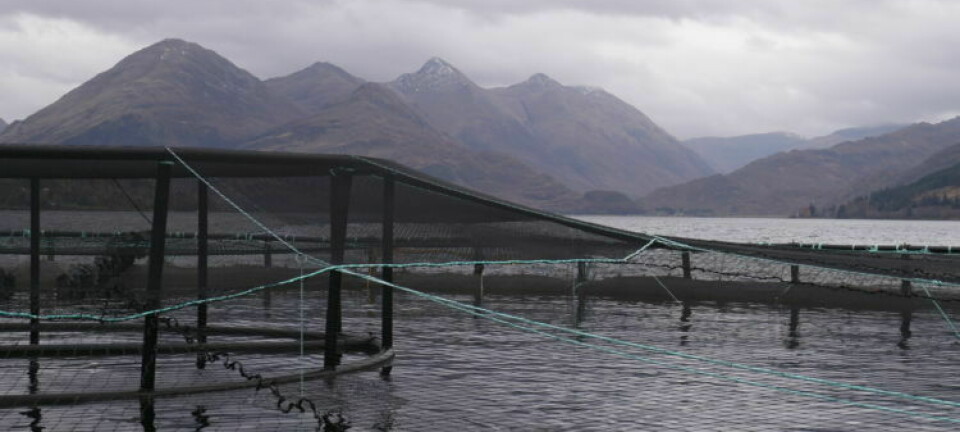
Focus on sustainability at Ocean Summit
According to the organizers, “The SOS 2013 (22-24 April, 2013, Washington, D.C.) is the only international ocean business community gathering dedicated to industry leadership and collaboration in developing solutions to ocean sustainability challenges. The theme of SOS 2013 is “Oceans 2050 - The Ocean Business Community and Sustainable Seas”. This event brings together a wide range of ocean industries, including: shipping, oil and gas, fisheries, aquaculture, tourism, renewable energy (wind, wave, tidal), mining, ports, dredging, cables, pipelines, the maritime legal, financial and insurance communities, and others.”
In British Columbia- like many other jurisdictions- there are several initiatives underway to identify “Ecologically or Biologically Significant Areas” for the purpose of establishing a series of Marine Protected Areas (MAPs). The main challenge is how to set these areas aside from development without jeopardizing the economic well-being of coastal communities. One approach taken by a group on the West Coast of Vancouver Island is to identify acceptable economic activities within areas set aside for protection that don’t interfere with the purpose of the MAP.
As the SOS 2013 web site states- the Summit will particularly focus on off-shore areas- where the aquaculture industry is planning to expand;
At the United Nations, governments are working on a new international instrument under the Law of the Sea to address the conservation and sustainable use of marine biological diversity of the high seas and the deep seabed – the areas beyond national jurisdiction (ABNJ). Through the Convention on Biological Diversity, over 190 governments have approved guidelines for the environmental impact assessment of commercial activities in the ocean and have begun formally identifying the ocean areas in need of protection.
Although some ocean industries participate in these developments, the broad ocean business community has not had the systematic, collective coordinated participation needed to ensure a full and balanced consideration of responsible economic activities. This is primarily due to a lack of inclusion of key oceans users in these processes. The World Ocean Council has been working to change this situation in recent years, but much more needs to be done.
The SOS 2013 will address this situation in the session on “Ocean Policy and Ocean Industries in International Waters”, co-chaired by Secretary General of the International Chamber of Shipping, Peter Hinchliffe. The session will consider the developments outlined below, explore the actions needed to engage industry and further develop WOC’s role in advancing industry leadership and collaboration in global ocean policy and governance.
There are increased concerns about the impact of human activities on high seas and deep seabed biodiversity. Because no one nation has sole responsibility for the management of the ABNJ, numerous efforts are underway to review and propose changes to global ocean governance. These are increasingly being undertaken as formal inter-governmental processes and negotiations.
A New International Instrument Under the Law of the Sea:
At Rio+20 in 2012, governments committed "to address, on an urgent basis, the issue of the conservation and sustainable use of marine biological diversity of ABNJ, including by taking a decision on the development of an international instrument under the Convention on the Law of the Sea" – with a deadline of the end of 2014 for adopting a decision on developing the instrument. The UN General Assembly (UNGA) has agreed that negotiations will include: area-based management tools, marine protected areas, environmental impact assessment, marine genetic resources, benefit sharing, capacity-building and the transfer of marine technology. Efforts are moving forward rapidly, with official UNGA discussions and many informal meetings of experts and stakeholders. Unfortunately ocean industries do not have a seat at the table when plans are discussed.
Convention on Biological Diversity (CBD) Developments:
Over 190 governments are party to the CBD which, at the 2012 CBD Conference of Parties, adopted guidelines for environmental impact assessments (EIAs) and strategic environmental assessments (SEAs) in marine areas regarding activities likely to cause significant harm to biodiversity and ecosystem services. The CBD decision to develop this guidance moves its focus to preventing impacts to biodiversity and putting requirements directly onto the private sector.
Through the CBD governments have also approved a process of identifying “Ecologically or Biologically Significant Areas” (EBSAs) in need of protection in the marine environment and the scientific guidance for selecting areas to establish a representative network of marine protected areas, including in open ocean waters and deep-sea habitats. At the 2012 CBD Conference of Parties, governments approved the inscription in the official CBD registry of numerous EBSAs covering a significant amount of ocean. Ocean industries are invited to participate in the SOS 2013 to advance ocean business community leadership, collaboration and proactive engagement in these significant ocean policy and governance developments.























































